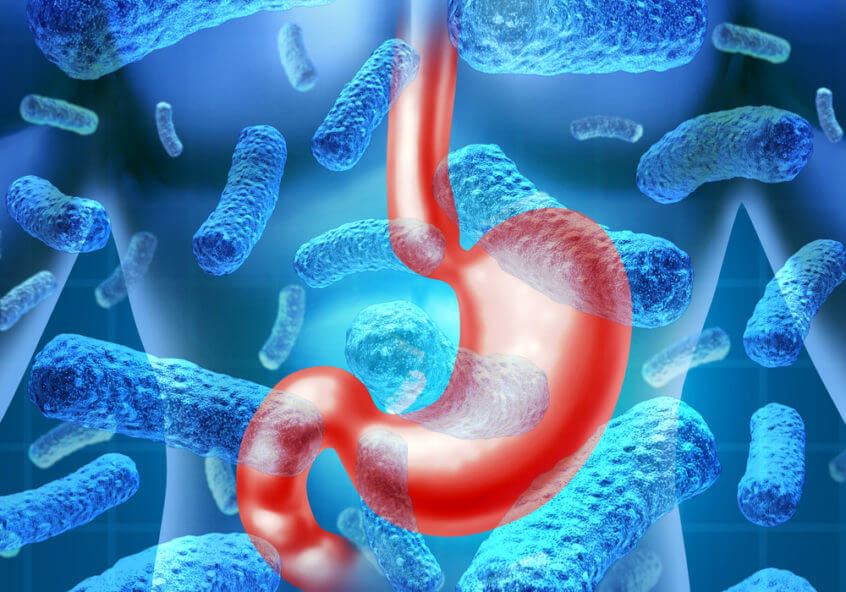Around this time of year, the chances of you falling ill are high with the possibility of contracting the flu or a cold. However, while the likelihood of getting sick from either of these illnesses is high, it might not always be the case. The flu and cold often share a few similar symptoms with other ailments such as food poisoning or stomach virus, complicating the diagnosis of the affliction. However, the differences between the two are more than enough to properly identify which one you have.
What is Viral Gastroenteritis?
The technical term for the common stomach flu is viral gastroenteritis, which is just an inflammation of the intestines and stomach caused by a viral infection. This condition is caused by a virus. The most common way to develop viral gastroenteritis, or the stomach flu, is by coming into contact with an infected person or by consuming contaminated food or water.
Symptoms
Even though it is most commonly referred to as the stomach flu, it actually has very little to do with influenza. The real flu attacks only your respiratory system while gastroenteritis affects your intestines, causing you to experience these symptoms:
- Watery diarrhea
- Abdominal pain
- Nausea, vomiting, or both
- Muscle aches and headaches
- Low fever
- Dehydration
Symptoms will vary depending on the individual and the way it was contracted. Symptoms can show in the first day or three days after you become infected, ranging from mild to severe. However, symptoms typically do not last longer than a day or two. You should go see a doctor if you:
- Have not kept liquids down for 24 hours
- Vomit for more than two days
- Vomit blood
- You are dehydrated
- Have a fever over 104 F (40 C)
Treatment
Unfortunately, there is no specific treatment for viral gastroenteritis. Antibiotics do not work against viruses and can lead to the development of antibiotic-resistant strains of bacteria if they are overused. Drinking plenty of fluids and getting plenty of rest at home until the virus leaves your system is the best course of action for treating this condition. In the case of severe dehydration, an IV will need to be administered to provide you with fluids. Here are some at home care tips:
- Drink plenty of clear fluids
- Do not consume drinks that contain milk, caffeine, or alcohol
- When appetite is regained, start with easily digestible foods
Viral gastroenteritis is a very uncomfortable and exhausting condition. While there are no specific treatments available, home care is the best course of action. However, if symptoms do persist or worsen, it is imperative to seek medical help. If you wish to learn more about viral gastroenteritis, contact the healthcare professionals at Urgentology Care.
Important: If you have a life-threatening emergency, please call 911 or go to your nearest Emergency Room. Information in this site is not intended to be used as a diagnosis for your symptoms. If you experience any of these symptoms, please seek medical attention or visit Urgentology Care.


